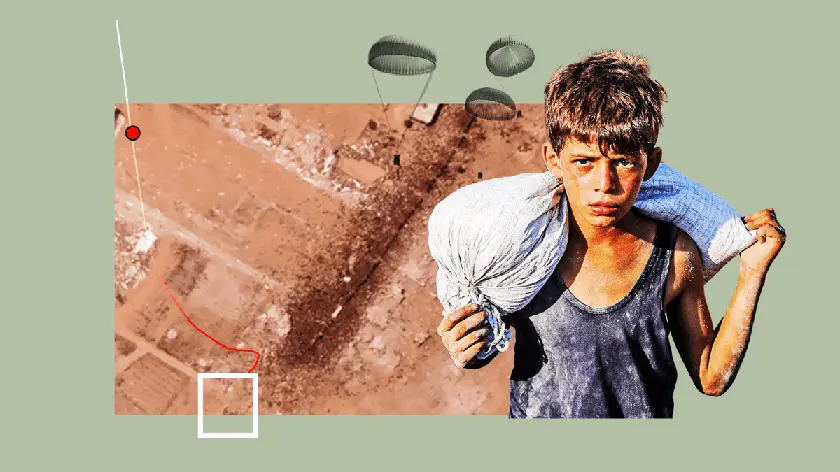T4K3.news
Gazan evacuee dies in Italy after malnutrition
A 20-year-old Gazan woman evacuated to Pisa died of a cardiac arrest less than 48 hours after arrival, highlighting Gaza malnutrition.
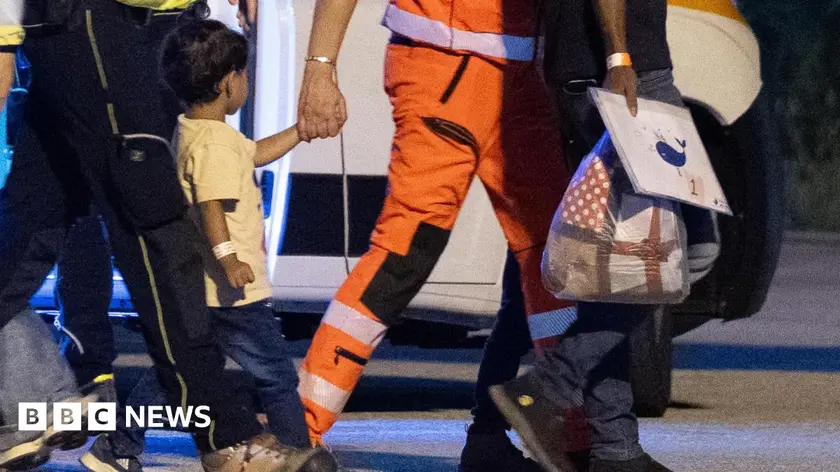
The woman was one of 180 Gazans evacuated by Italy in response to the humanitarian crisis
Gazan woman evacuated to Italy dies of malnutrition
A Gazan woman identified as Marah Abu Zuhri died in a Pisa hospital after being evacuated to Italy for treatment. She and her mother were part of a group of 180 Gazans brought to Italy by a government program addressing the humanitarian crisis in Gaza. Arriving on an overnight flight, she died on Friday from a cardiac arrest, less than 48 hours after arrival. The University Hospital of Pisa said she had suffered severe weight loss and muscle wasting, a condition the UN has warned is widespread in Gaza.
Her death highlights the challenge of balancing rapid evacuation with the medical care patients need. It points to the importance of nutrition support during transit and after arrival and to the broader question of how to provide ongoing care for Gaza’s vulnerable residents. Evacuations help, but lasting relief requires sustained aid and better coordination among countries, hospitals, and aid groups.
Key Takeaways
"Aid must travel with care."
Tweetable note on evacuation medical care
"Malnutrition follows conflict across borders."
Observation on cross-border health risks
"A safe exit needs steady medical support."
Comment on post arrival care
"Recovery needs more than the flight."
Closing thought on long term relief
The case sits at the crossroads of humanitarian logistics and medical ethics. Moving patients to safety matters, but care must follow. Nutrition support and follow up care should be built into every evacuation plan.
For observers, this tragedy is a reminder that headlines fade but needs persist. It may trigger questions about costs, oversight, and how to measure success in relief efforts. The real test is whether aid networks can deliver lasting improvements beyond the emergency moment.
Highlights
- Aid must travel with care.
- Malnutrition follows conflict across borders.
- A safe exit needs steady medical support.
- Recovery needs more than the flight.
Humanitarian evacuation carries risk and scrutiny
The death of a malnourished evacuee raises questions about medical readiness, post arrival nutrition, and how to balance speed with care in crisis flights. The event could invite political and public scrutiny of evacuation programs and funding.
The pressure is on relief programs to turn urgent flights into real, lasting care.
Enjoyed this? Let your friends know!
Related News
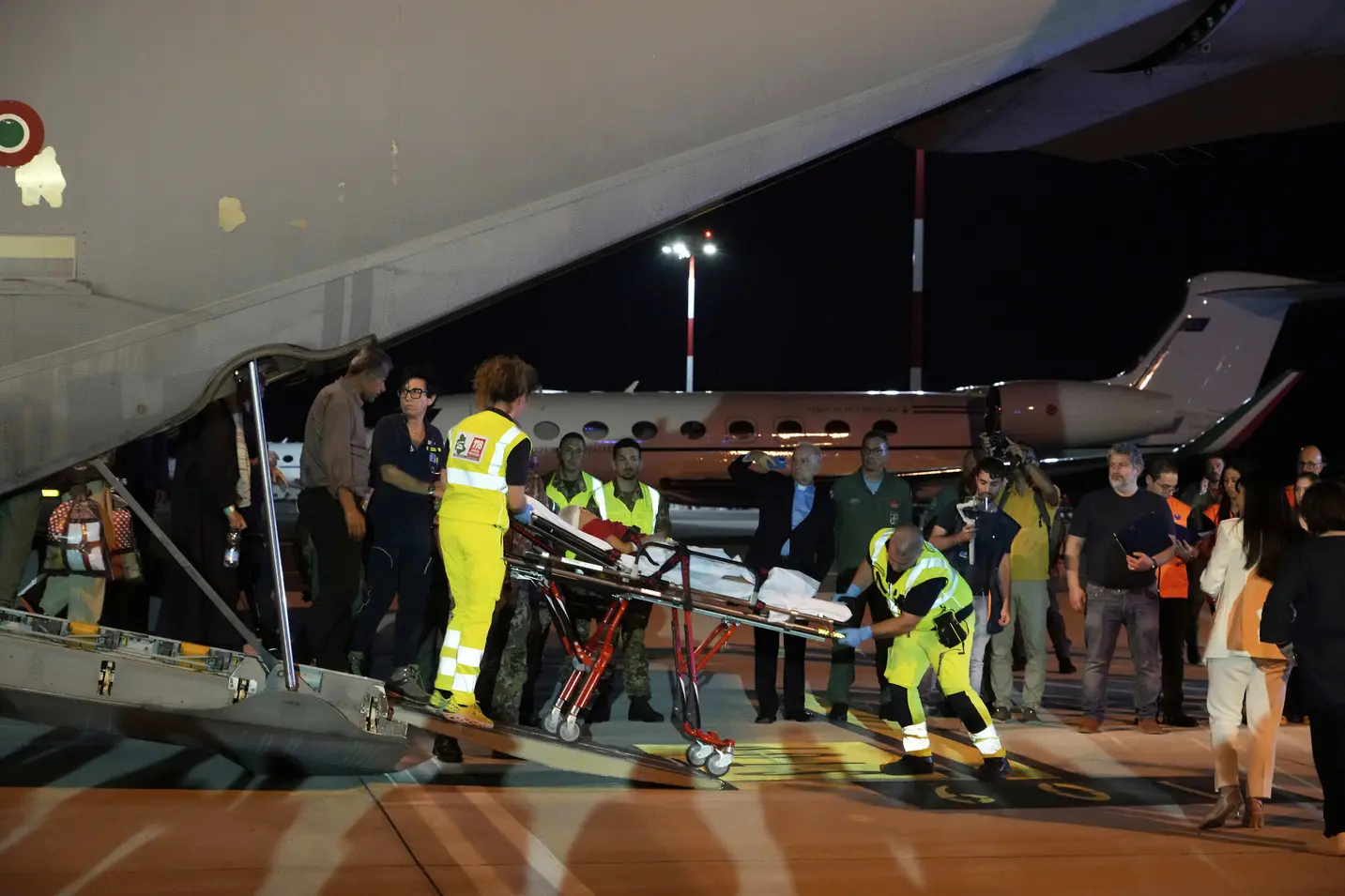
Gaza evacuee case raises questions over medical transfer
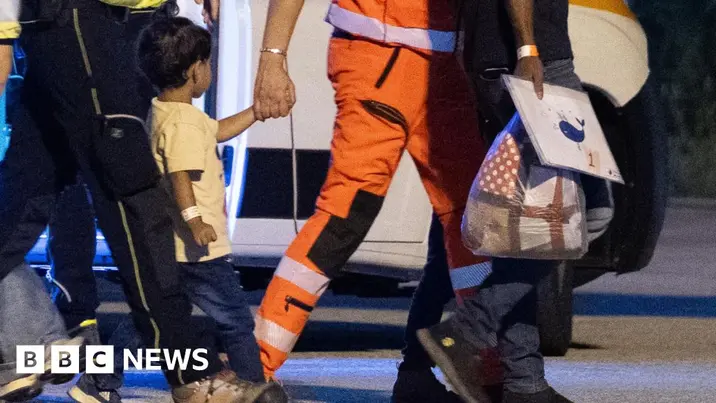
Gazans evacuated to Italy die in hospital
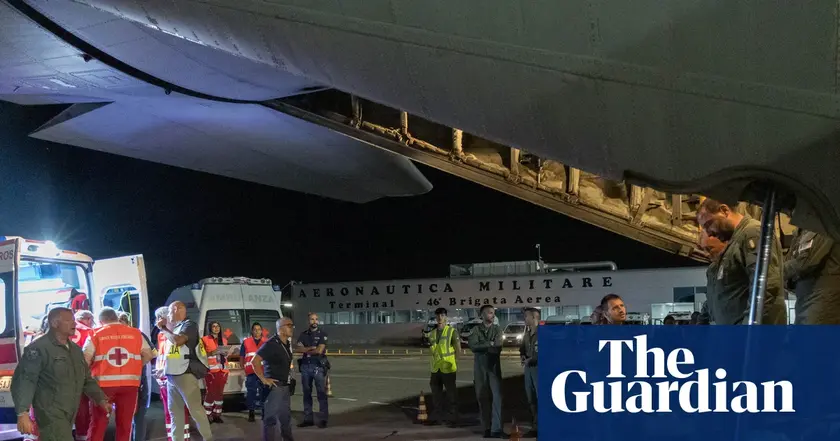
Palestinian evacuee dies in Italy amid Gaza relief efforts
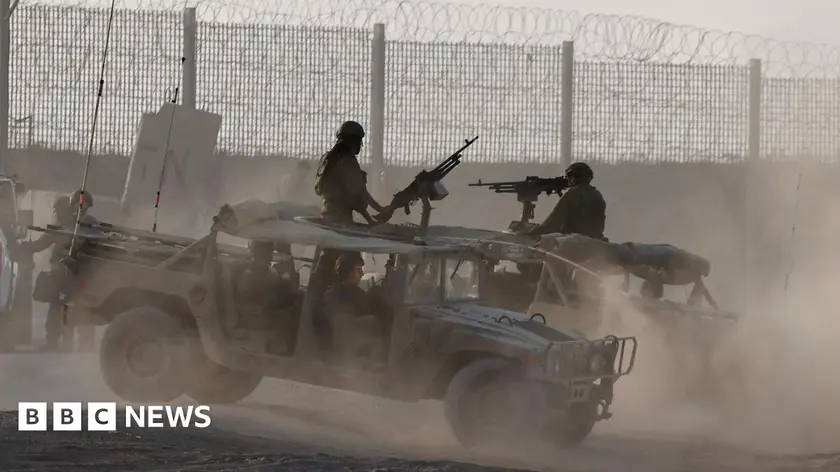
Gaza City faces growing humanitarian crisis
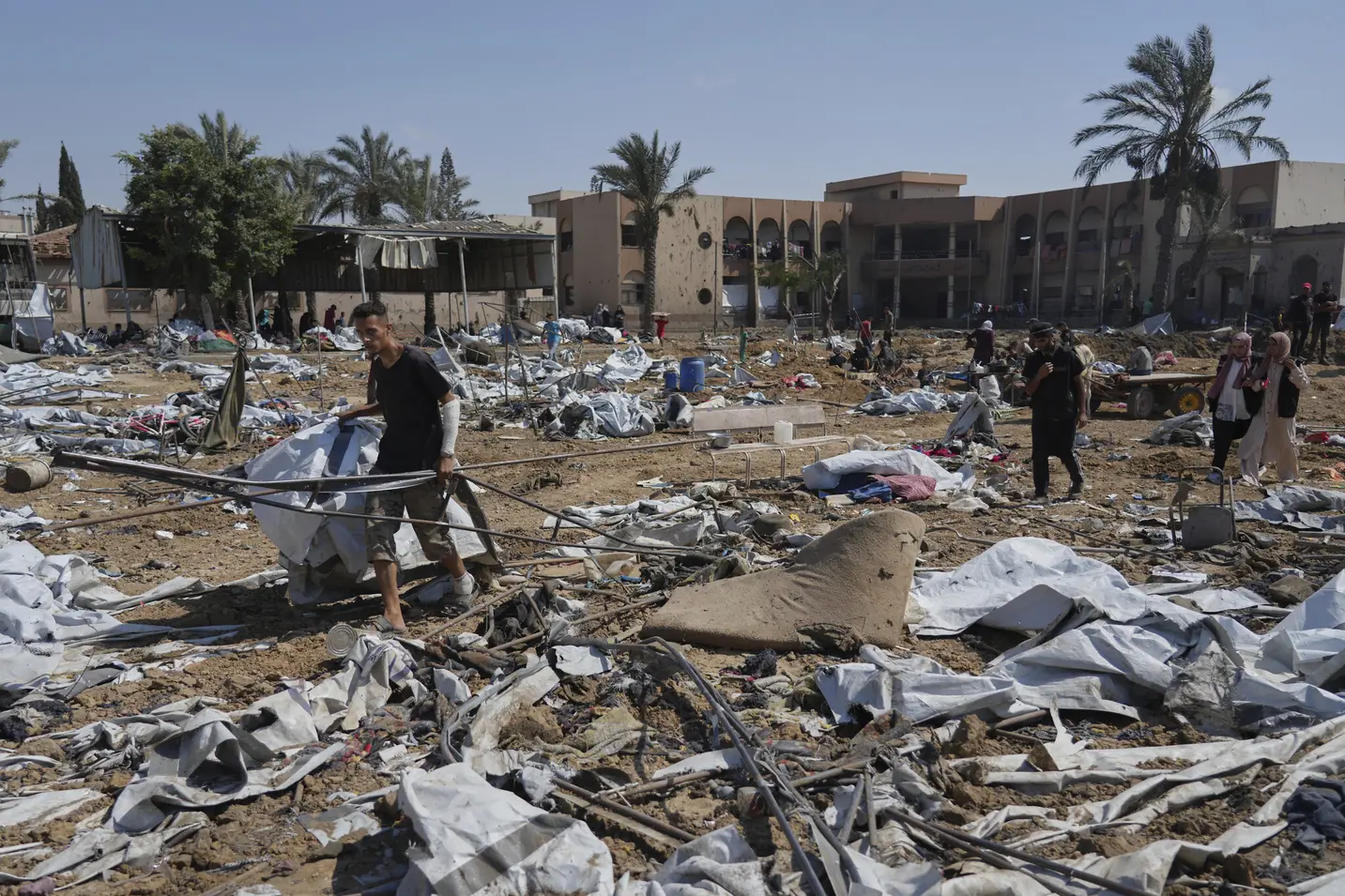
Israel moves toward Gaza City assault
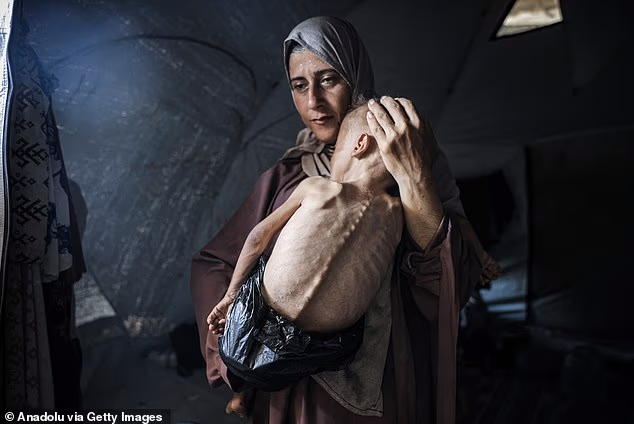
Investigation reveals misleading portrayal of Gaza's humanitarian crisis
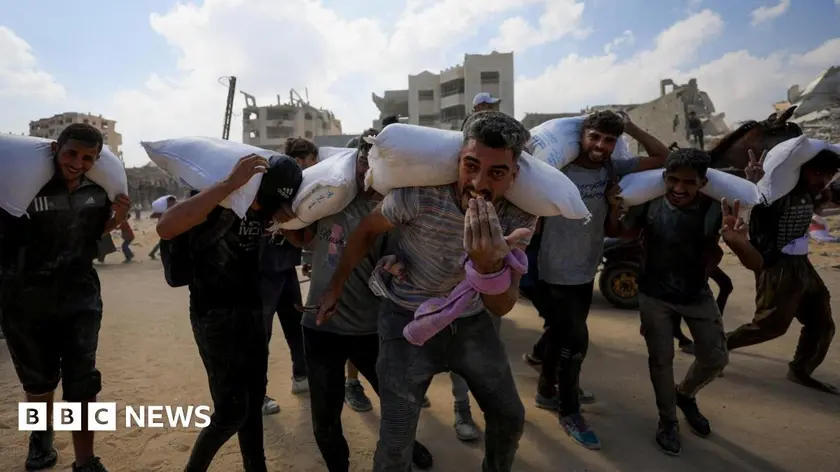
UK and 27 nations condemn Israel for civilian suffering in Gaza
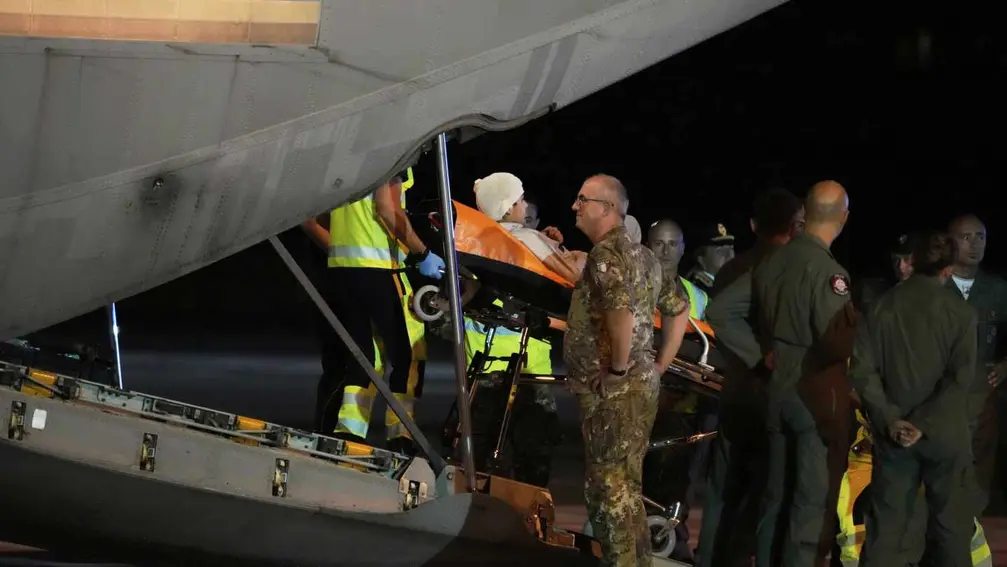
Palestinian woman evacuated to Italy dies in hospital
